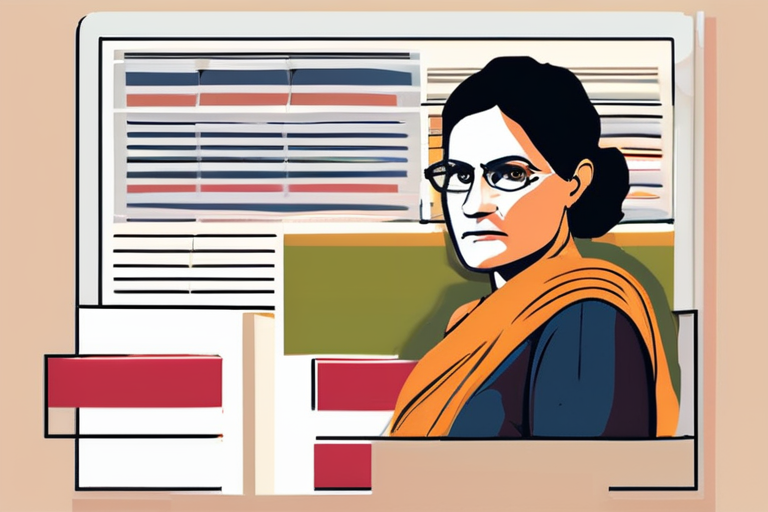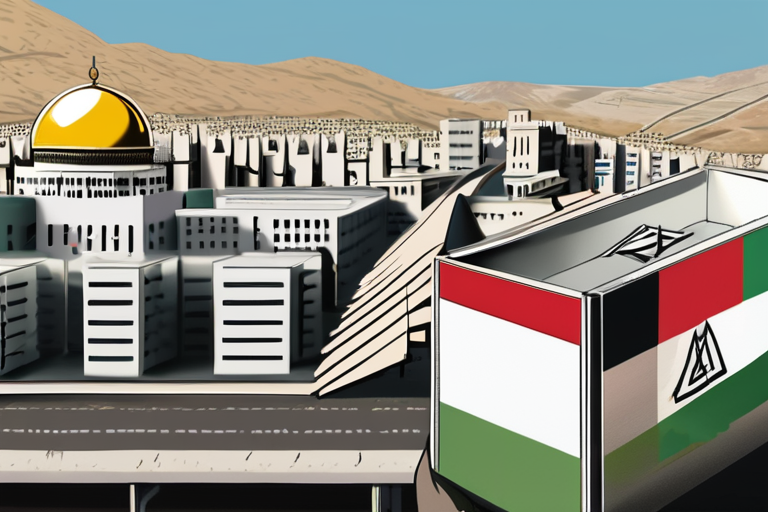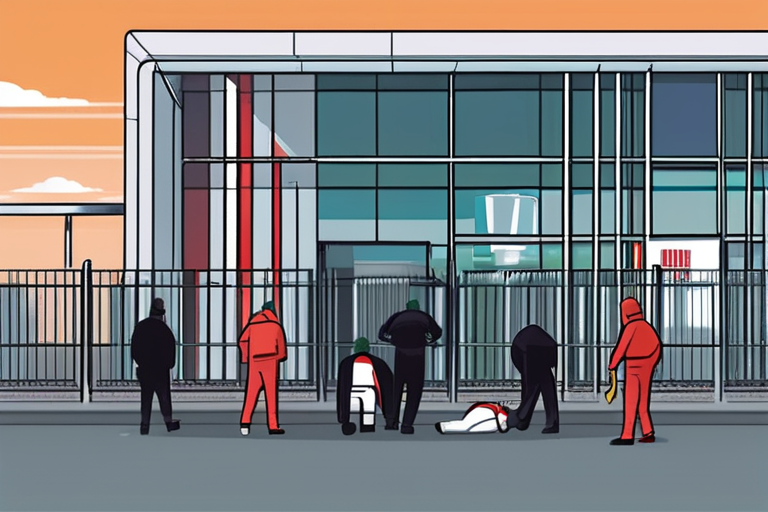Indian Government Criticized for Ignoring Exclusion of Female Journalists from Afghan Embassy Event


Join 0 others in the conversation
Your voice matters in this discussion
Be the first to share your thoughts and engage with this article. Your perspective matters!
Discover articles from our community

 Hoppi
Hoppi

 Hoppi
Hoppi

 Hoppi
Hoppi

 Hoppi
Hoppi

 Hoppi
Hoppi

 Hoppi
Hoppi

Rare Einstein Cross Reveals Hidden Dark Matter September 17, 2025 - A rare cosmic phenomenon has provided scientists with an …

Hoppi

West Bank at Center of Israeli-Palestinian Conflict The West Bank has long been a contentious issue in the Israeli-Palestinian conflict, …

Hoppi

BREAKING NEWS: The Who Hits the Top 10 in America In a major milestone, The Who's live album "Live at …

Hoppi

Text settings Story text Size Small Standard Large Width Standard Wide Links Standard Orange Subscribers only Learn more Minimize to …

Hoppi

HEATHROW'S CHECK-IN SYSTEM CRASHES IN CYBER-ATTACK, TRAVELERS STRANDED Heathrow Airport's electronic check-in system has crashed due to a cyber-attack, causing …

Hoppi

Breaking News: Prominent Palestinian Protester Dies in Custody Mahmoud Farajalah, a 26-year-old Palestinian living in Brussels, took his own life …

Hoppi